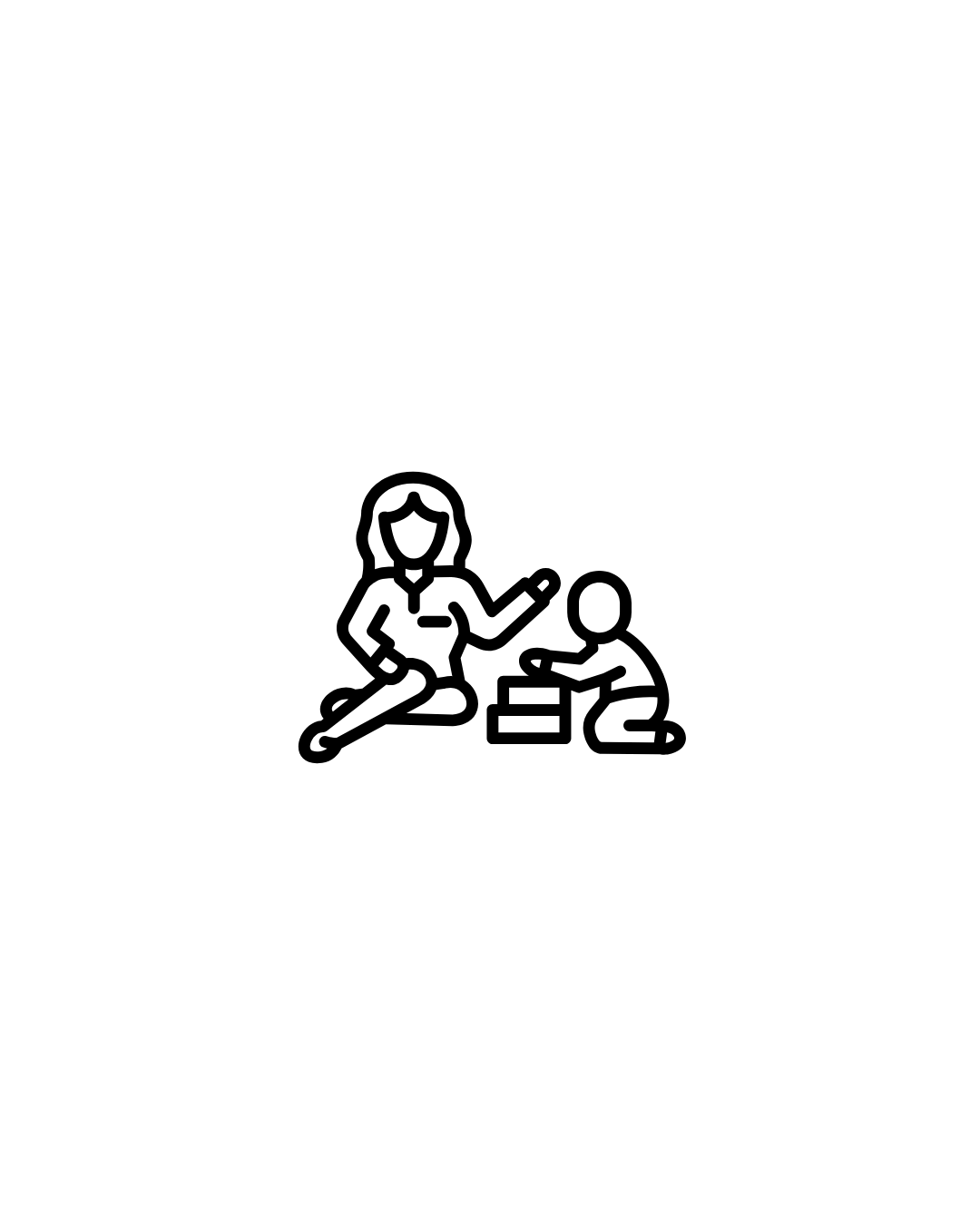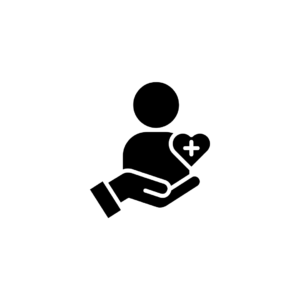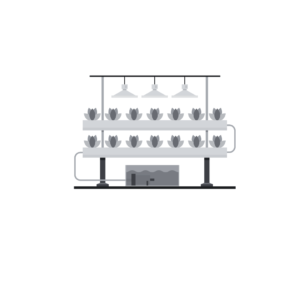Description
An Advanced Diploma in Early Childhood Care and Education is designed for individuals who wish to pursue a career in the early childhood education sector, focusing on the development and care of children from birth to age eight. This program equips students with the necessary skills, knowledge, and practical experience to work effectively with young children and support their development in various educational settings.
Course Details:
Duration: Typically 1 to 2 years, depending on the institution and specific program structure.
Eligibility: Candidates usually need to have completed higher secondary education (12th grade) or possess a relevant qualification in education or childcare.
Mode of Study: Offered in full-time or part-time formats, often combining classroom instruction with hands-on practical training and internships.
Curriculum:
The curriculum for an Advanced Diploma in Early Childhood Care and Education generally includes the following key areas:
1. Introduction to Early Childhood Development
Child Development Theories:
Overview of key theories and stages of child development, including physical, cognitive, social, and emotional development.
Developmental Milestones:
Understanding typical milestones in early childhood and how to recognize and support them.
2. Curriculum Development and Planning
Early Learning Frameworks:
Introduction to various frameworks (e.g., Reggio Emilia, Montessori) and their application in early childhood education.
Lesson Planning:
Techniques for designing age-appropriate activities and curricula that foster learning and development.
3. Health, Safety, and Nutrition
Child Health and Safety:
Understanding health and safety regulations in childcare settings, including emergency procedures and child protection.
Nutrition for Young Children:
Importance of nutrition and healthy eating habits in early childhood development.
4. Creating Inclusive Learning Environments
Inclusive Education:
Understanding how to create inclusive environments that cater to diverse learning needs and backgrounds.
Cultural Competence:
Strategies for supporting children from different cultural backgrounds and ensuring equity in education.
5. Positive Behavior Guidance
Behavior Management Techniques:
Approaches for promoting positive behavior and managing challenging behaviors in early childhood settings.
Social-Emotional Learning:
Strategies to support the social and emotional development of young children.
6. Observation and Assessment
Child Observation Techniques:
Methods for observing and documenting children?s behaviors and development.
Assessment Strategies:
Using assessment tools to evaluate children’s progress and effectively communicate with parents and caregivers.
7. Communication and Family Engagement
Effective Communication Skills:
Techniques for building strong relationships with families and caregivers.
Parent Involvement:
Strategies for involving parents in their children’s education and fostering home-school connections.
8. Professional Practices and Ethics
Ethical Standards in Early Childhood Education:
Understanding the ethical responsibilities of early childhood educators and the importance of professionalism.
Career Development:
Guidance on career opportunities, pathways for advancement, and professional organizations in early childhood education.
9. Practicum and Field Experience
Hands-On Training:
Supervised practical experience working with children in early childhood settings, applying learned skills in real-world scenarios.
Capstone Project:
A final project that showcases the skills developed throughout the program, often involving a comprehensive plan for a classroom setting.
Assessment:
Assessment methods in this program may include:
Project Work:
Completion of assignments related to curriculum planning, child assessments, or family engagement strategies.
Practical Assessments:
Evaluation of hands-on skills during practicum experiences, including interaction with children and classroom management.
Written Assignments:
Research papers or reflections on early childhood education topics, theories, and practices.
Career Opportunities:
Graduates of the Advanced Diploma in Early Childhood Care and Education can pursue various career paths, including:
Early Childhood Educator: Teaching and caring for children in preschools, kindergartens, and early learning centers.
Childcare Center Director: Managing childcare facilities, overseeing staff, and ensuring compliance with regulations and standards.
Family Support Worker: Providing guidance and resources to families to support children’s development and strengthen family dynamics.
Child Development Specialist: Working with children who have special needs or developmental delays, providing targeted support and intervention.
Curriculum Development Specialist: Designing early childhood curricula and educational programs for schools or organizations.
This advanced diploma program is perfect for individuals with a passion for working with young children and an understanding of their unique developmental needs, providing them with the comprehensive skills required to make a positive impact in early childhood education. If you have any further questions or need more information, feel free to ask!









